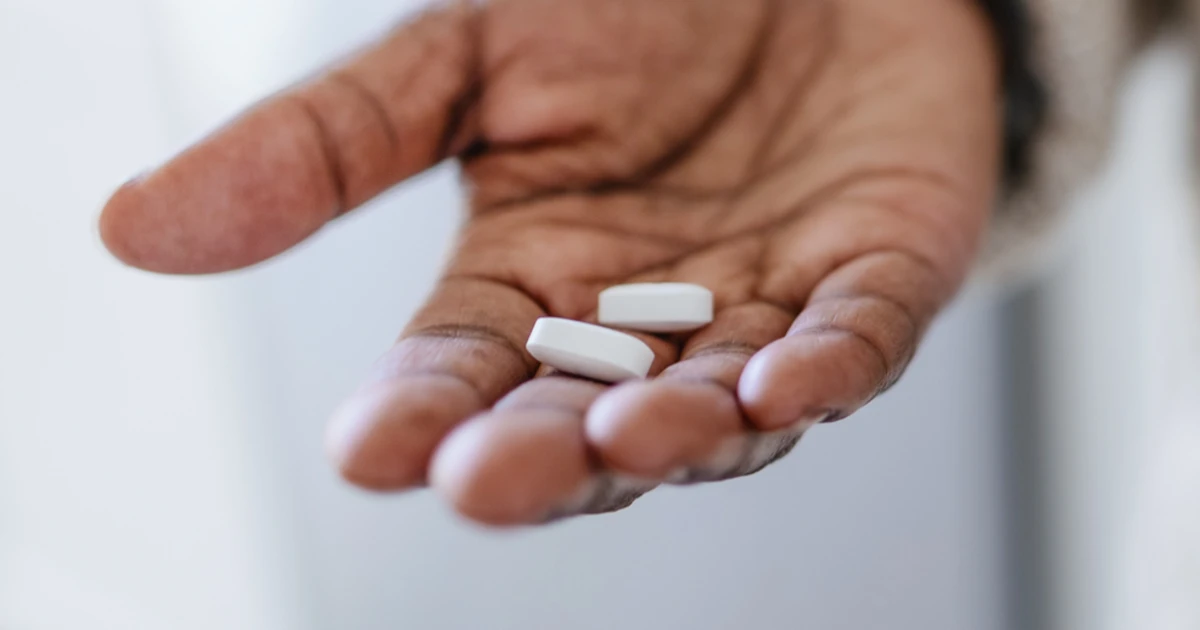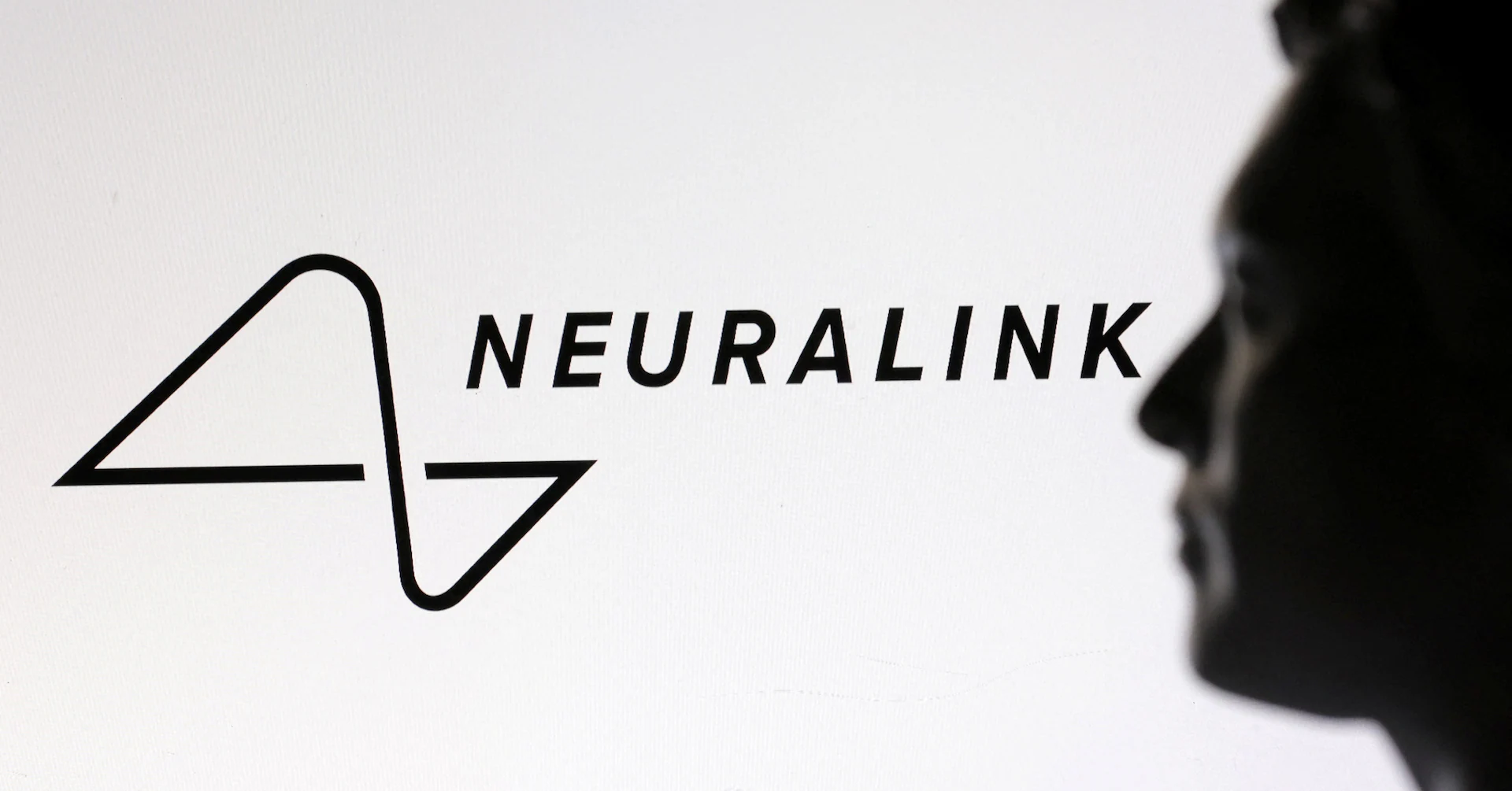
In the wake of a highly hyped, late afternoon news conference at the White House where President Donald Trump linked autism spectrum disorder to a popular pain relief drug, scientists and researchers say there is no new evidence linking the two.
Speaking from the White House, Trump said women should not take acetaminophen, also known by the brand name Tylenol, “during the entire pregnancy.” He said the Food and Drug Administration would begin notifying doctors that the use of acetaminophen “can be associated” with an increased risk of autism, but did not immediately provide any medical evidence for the FDA’s new recommendation.
Trump also raised unfounded concerns about vaccines contributing to rising rates of autism, which affects 1 in 31 U.S. children today, according to the CDC. Health Secretary Robert F. Kennedy Jr said that at Trump’s urging he is launching an “all-agency” effort to identify all causes of autism, involving the National Institutes of Health, the FDA, the Centers for Disease Control and Prevention and the Centers for Medicare and Medicaid Services.
Experts said the rise in cases is mainly due to a new definition for the disorder that now includes mild cases on a “spectrum” and better diagnoses. He warned that women should not take drug “during the entire pregnancy.”
In a statement to NBC News, Kenvue, the maker of Tylenol, said “independent, sound science clearly shows that taking acetaminophen does not cause autism.”
“We strongly disagree with any suggestion otherwise,” the statement continued, highlighting what the company says is the greater health risk for expecting mothers from other conditions if they give up on taking the drug.
Acetaminophen, which is also known by its trade name Tylenol or paracetamol, is one of the most used pain killers in the United States. It is also included in a number of other medications including brand names such as Alka-Seltzer Plus, Comtrex, Drixoral, Excedrin migraine, Midol, Sinutab, Sudafed, Theraflu, and Vanquish.
It’s been in use since 1960 and most doctors still recommend it, but they say more research is necessary.
“I don’t want to spread fears. I also don’t think we have the knowledge we need to make any policy,” said Dr. Karam Radwan, the director of the Neurodevelopmental Clinic at UChicago Medicine.
Radwan said no credible research suggests a link between acetaminophen and autism.
“Based on what we know right now, there is no clear evidence that will support causation at any level,” he said.
Other researchers agree. A study published in the January 2024 issue of the Journal of the American Medical Association found that “Acetaminophen use during pregnancy was not associated with children’s risk of autism, ADHD (Attention Deficit Hyperactivity Disorder) or intellectual disability.”
The Society for Maternal Fetal Medicine says the studies so far are “simply inconclusive.”
The American College of Obstetricians and Gynecologists said acetaminophen remains a “safe and trusted option” for pain relief during pregnancy.
“Pregnant patients,” it said in a post on social media, “should not be frightened away from the many benefits of acetaminophen, which is safe and one of the few options pregnant people have for pain relief.”
However, one new study, from the dean of Harvard’s school of public health published in August said acetaminophen use by a pregnant mother “may increase children’s risk of autism or ADHD.”
Radwan is advising patients to be cautious.
“Knowing that acetaminophen is safe and often the only safe choice that they have to treat their fever,” he said. “If they are choosing not to treat their fever for their fear, that could have consequences as well.”
Radwan said he is also concerned that some parents will blame themselves if their children are diagnosed with autism spectrum disorder because they used acetaminophen. There is no reason for such guilt, he said.
Trump on Sunday evening teased Monday’s announcement as a big one, telling reporters, “I think we found an answer to autism.” Experts say that oversells what would be possible from a presidential administration in its first year. They insist more research is needed to conclusively identify whether and how environmental factors may play a role in the disorder.
HHS Secretary Robert F. Kennedy Jr. for years has promoted debunked theories that vaccines could be responsible for rising rates of autism, which affects 1 in 31 U.S. children today, according to the CDC. Scientists, doctors and researchers have attributed that increase instead to greater awareness of the disorder and the newer, wide-ranging “spectrum” used to issue diagnoses for people with milder expressions of autism. It’s hard to tell if there may be additional factors behind the increase.
Note: Ali Swenson and Amanda Seitz of the Associated Press contributed to this report.



